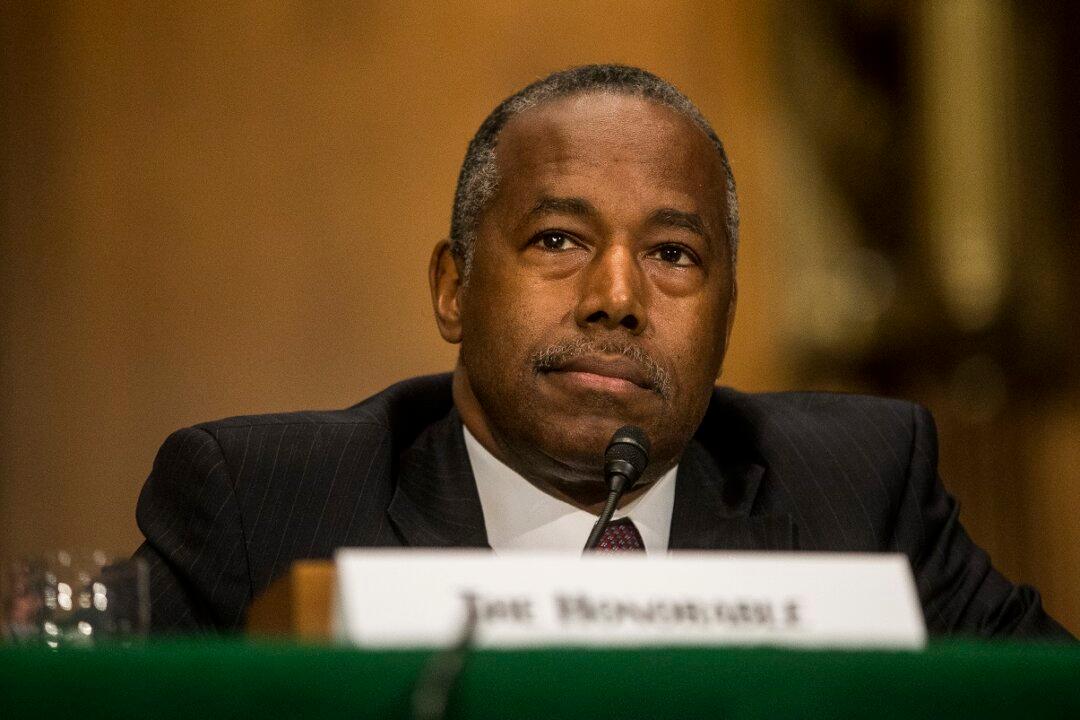WASHINGTON—Top federal officials defended the Trump administration’s plan to end federal control of the financially recovering but once troubled secondary mortgage market titans Fannie Mae and Freddie Mac, as they faced sometimes aggressive questioning by senators from both parties.
The Trump administration wants to return Fannie Mae and Freddie Mac, which, in effect, back about half of the nation’s $10 trillion in home mortgages, to private control after 11 years of government management. The two companies, which purchase mortgages from lenders, then sell them to investors as mortgage-backed securities, nearly collapsed under the weight of bad mortgage debt during the subprime mortgage crisis of 2008, but taxpayers bailed them out to the tune of almost $190 billion, a sum that has since been more than repaid.





